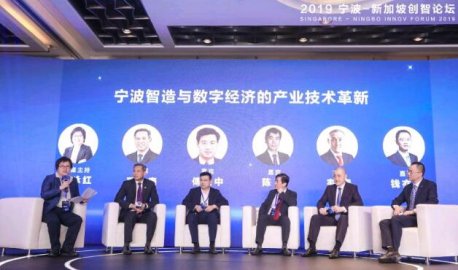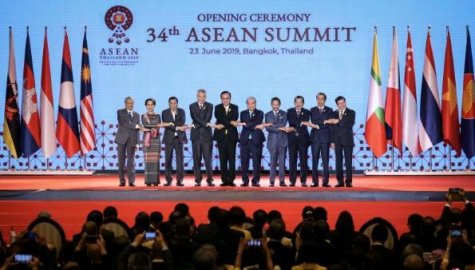Author: Wu Zhenzhong
The G20 (G20) summit officially opened in Osaka, Japan.The night before the summit, the Japanese Prime Minister Shinzo Abe specially set up a banquet for Chinese President ... separate banquets.The Japanese Ministry of Foreign Affairs spokesman Miyuki mentioned that after the talks, Abe has a direction in the meeting ... mentioning the recent situation of Hong Kong.
China stated early in the morning that foreign countries would not allow foreign countries to discuss Hong Kong issues during the G20 summit.Abe's move will inevitably be considered by the outside world.
Before the G20 summit was held, the outside world paid attention to the recent demonstrations of Hong Kong, and whether it would become a topic of discussion between China and Western countries.However, China stated earlier that Hong Kong affairs belonged to the Chinese internal affairs, so it would not be discussed at the G20 summit, nor did it allow foreign countries to discuss the Hong Kong issue at the summit.In this way, for countries, regardless of their positions, regardless of their positions, we must take care of the face of China to avoid causing trouble to our own country.
Therefore, Abe mentioned the Hong Kong issue at the banquet on the eve of the summit. Suddenly, it seemed that he would no longer take care of his feelings for China.But in fact, if you want to deepen the layer, Abe's approach is obviously thoughtful.
As the most important free trade port in the Asian Financial Center and the Asia -Pacific region, its democratic process and the relationship between the joint and joint and the Chinese government must be the focus of attention in Europe and the United States.Japan is the strongest ally in European and American democratic countries in Asia. Whether it is to calculate Japan's geographical location, political status, ideology, and economic and trade cooperation, it is impossible for the Japanese government to rest in the pavilion of Hong Kong.
The suspenseful situation appeared: Looking at the current foreign policy direction of Abe, he must not want to gain public gains and losses China.Then, Abe decided to mention the Hong Kong issue slightly before the summit, as a compromise.
Not mentioning Chinese internal affairs in G20, it is naturally respecting the Chinese position.Abe specially for the night before the summit ... At the dinner set, only to mention that maintaining one country, two systems is essential for Hong Kong's free opening and prosperity, and it must be announced to the media through a third party (spokesman for foreign affairs).That is to indirectly explain to the outside world: Japan respects the idea of China, but Japan is not timid to talk about Hong Kong democratic issues that should be mentioned to China.
Following the earliest coordinator for the United States, threatening to meet Kim Jong -un, and a single force such as the North Korean nuclear issue, the latest action further reflected the foreign policy of all parties and eight sides of Abe, and thisPractice is the diplomatic policy that Japan should continue to perform today.
I believe that in these two days of summit, it is unlikely to mention Hong Kong regardless of Japan or the United States.One is because the Hong Kong issue involves one country, two systems. For the Chinese side, it is considered to be internal affairs, which is really a very sensitive topic. Second, in the environment of the Sino -US trade war, the United States and Japan are openly powerful in the G20 summit.When the magnesium lamp is mentioned in Hong Kong, it will only be an extraordinary branch.
On the eve of the summit, Abe was lightly described in Hong Kong. It can be regarded as showing Abe's diplomatic wisdom. It has made the best way out for Japan's embarrassing position.



